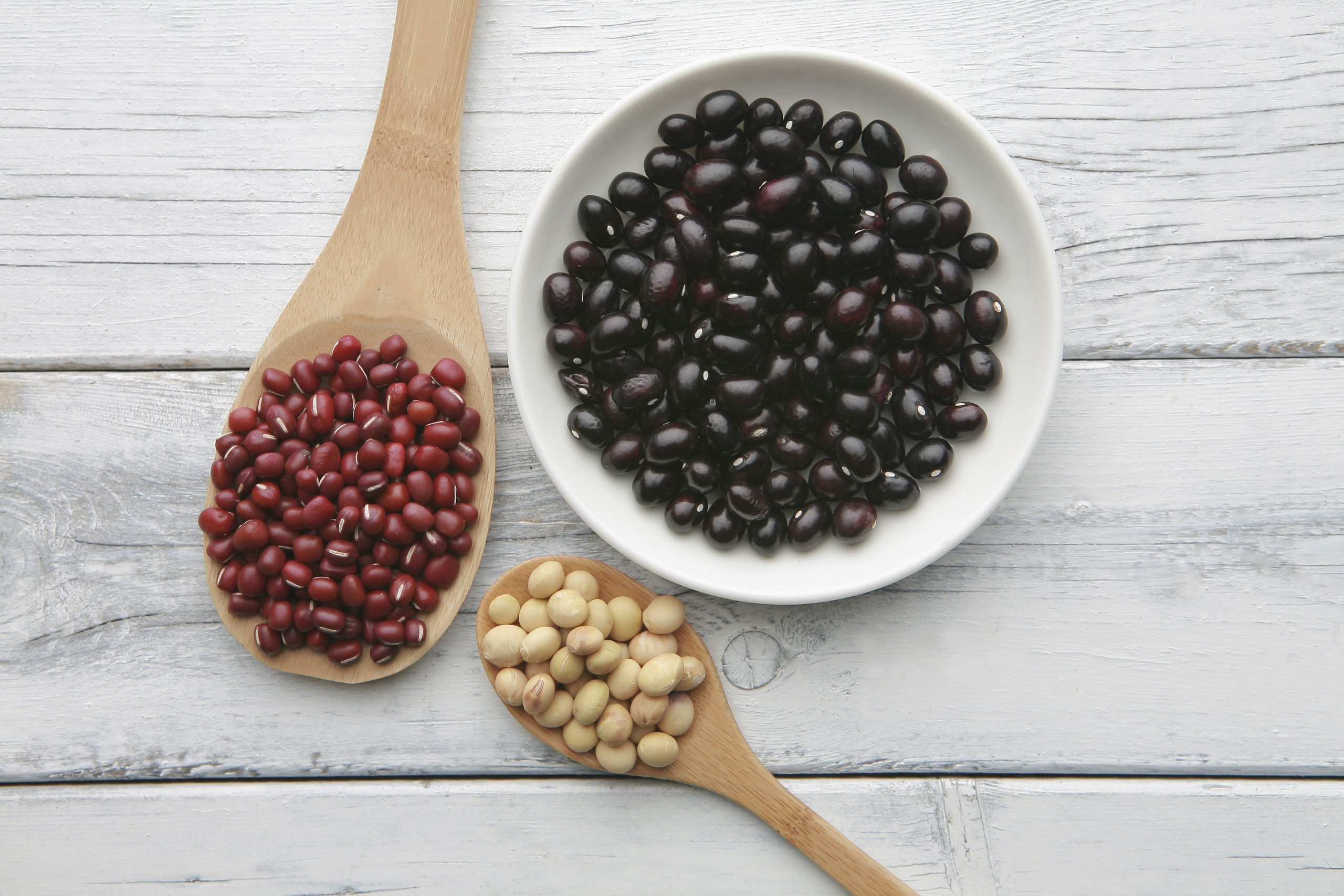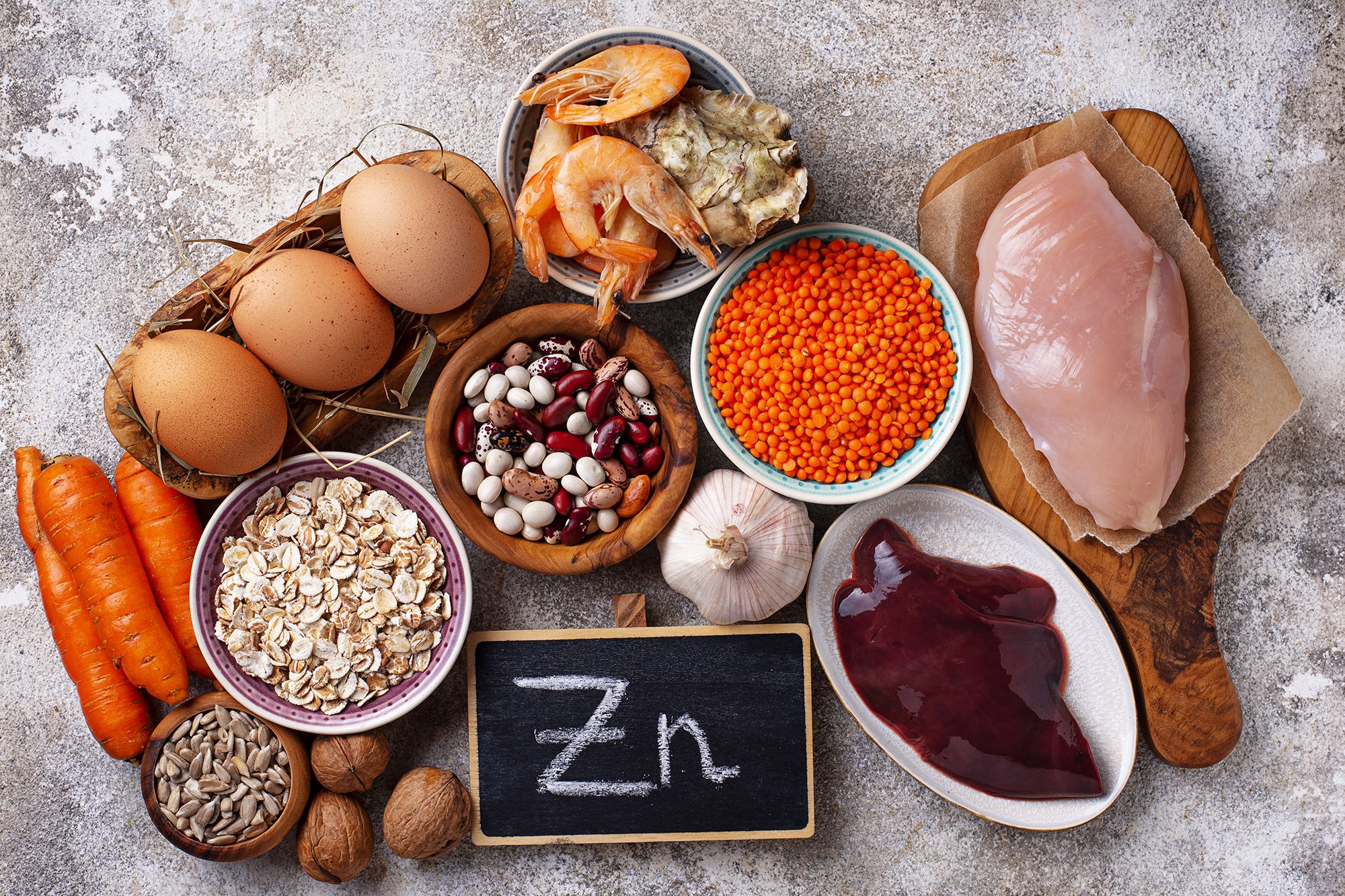Zinc is a nutrient that is found in cells in the body and it must be consumed in order to maintain your health. Without it, your essential bodily functions will struggle to operate as they should. Whether you prefer to take zinc supplements or you plan your diet to consume enough naturally, you should be prioritising it as a staple in your diet.
Table of Contents
Indications of a Deficiency
Firstly, let’s look at the symptoms of a zinc deficiency. If you find that wounds take a long time to heal, you don’t feel alert, you have a loss of appetite, loss of hair or you experience any open sores on the skin, you may be experiencing a deficiency. Pregnant women should also be cautious about their zinc intake, as the body utilises it in order to help with the healthy growth of the baby. It is best to contact a medical professional if you are experiencing these symptoms to rule out any other complications.
These things will all develop because your body will be unable to produce new, healthy cells. So, make sure you consume enough zinc to avoid a deficiency and to make the most of the following benefits.
Benefits of Zinc
Strong Immune System
One of the biggest benefits of zinc is its ability to fight off infection by strengthening the immune system. This makes it especially important for people with immune disorders to regularly incorporate zinc into their diet.
Improved Wound Healing
Patients who have undergone surgery are advised to take zinc thanks to its significant role in every phase of wound healing. It can also boost your body’s ability to recover after exercise, meaning you can train harder and more often.
Maintains Normal Metabolism
Zinc plays a significant role in the healthy functioning of the thyroid, and without it, your body’s metabolic system will struggle to work as it should. This could lead to a slower metabolic rate which will decrease the body’s ability to burn fat and increase weight gain.
Reduced Inflammation
Zinc is fantastic for any kind of inflammatory condition such as arthritis, asthma and coeliac disease. The nutrient can influence the body’s responses to inflammation by decreasing oxidative stress and inflammatory proteins in the body.

How To Incorporate It Into Your Diet
Here are some easily accessible foods that contain plenty of zinc if you would prefer not to take supplements. Whether you are a meat eater, vegetarian or vegan, there are plenty of options for you.
- Meat and Fish: Lamb, beef, pork and shellfish.
- Dairy: milk, cheese and yoghurt.
- Legumes: chickpeas, lentils, kidney beans and butter beans.
- Wholegrains: quinoa, brown rice and oats.
- Seeds: sunflower, sesame and pumpkin.
- Nuts: peanuts, cashews and almonds.
- Fruit and Vegetables: broccoli, spinach, kale, mushrooms, garlic, blackberries and pomegranate.
Final Thoughts
Zinc is essential for our overall health, as seen through all of the benefits above! It is easy to incorporate into your diet or can be accessed through supplements or most multivitamin tablets. With a varied diet you will have nothing to worry about when it comes to zinc consumption.

